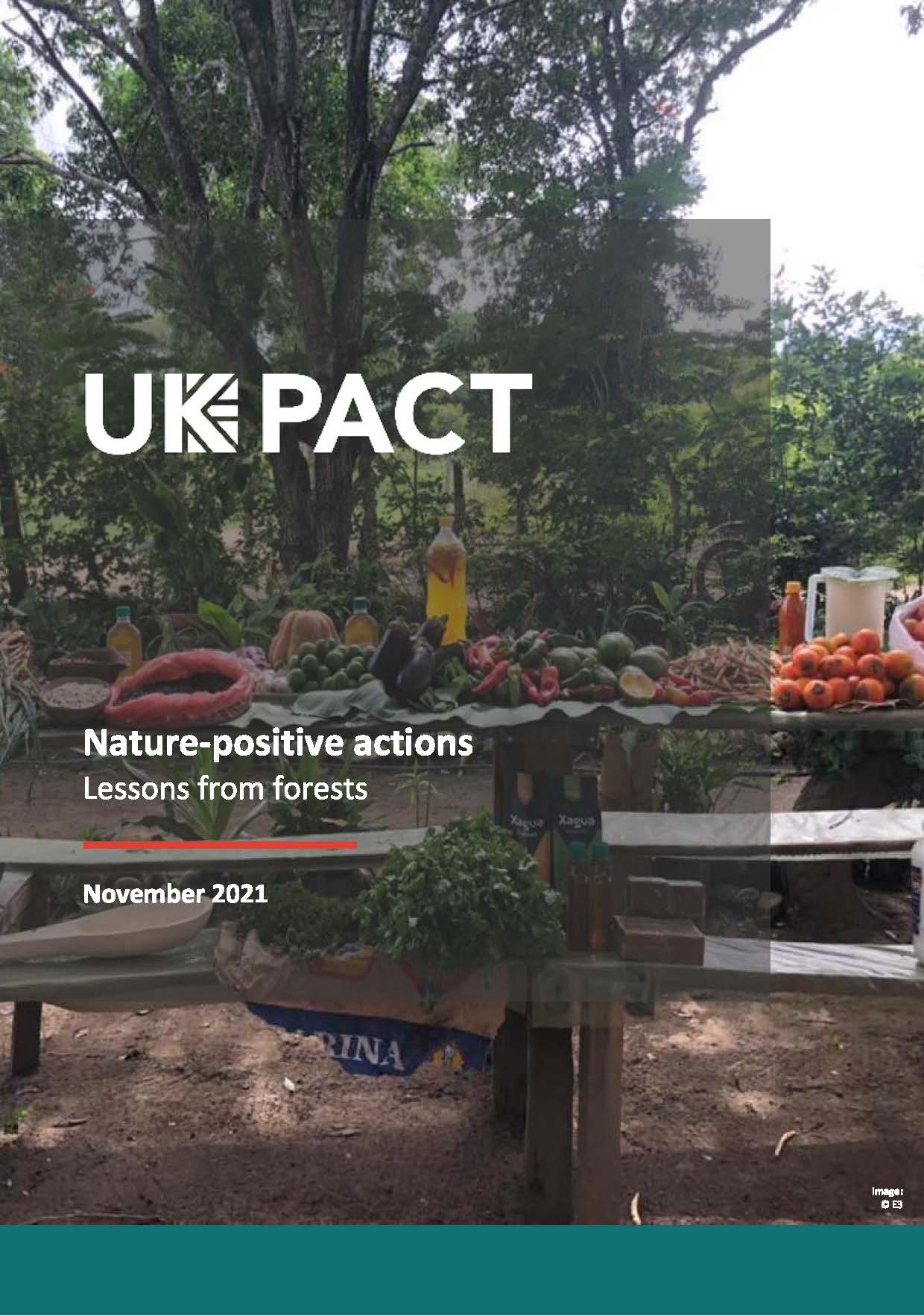Cameroon plans to double its cocoa production in the coming decade in line with international requirements for sustainable and deforestation-free cocoa. Private certification, which has developed considerably in recent years, should help achieve this objective. Based on a literature review and 63 individual interviews with farmers, we identified four archetypes of cocoa production using the criteria of plantation size, degree of shade, and support from public or private extension services. We analyzed the average operating accounts of the four archetypes. Our findings show that the net profit rates obtained by small-scale certified producers are 14% (in the savannah zone) and 24% (in the forest zone). These rates are much higher than for the other two production models. Certification schemes provide technical and financial support, which has a positive influence on the practices of many small-scale producers and compensates for the lack of public services, which are now almost non-existent. A hybrid governance of the cocoa sector in Cameroon could clarify and improve the organization of the interactions between public regulation and private certification systems.
Download:
DOI:
https://doi.org/10.3389/fsufs.2021.743079
Altmetric score:
Dimensions Citation Count:

Publication year
2021
Authors
Lescuyer, G.; Bassanaga, S.
Language
English
Keywords
certification, cocoa, crop production, small scale business, private sector, agroforestry, value systems
Geographic
Cameroon
























